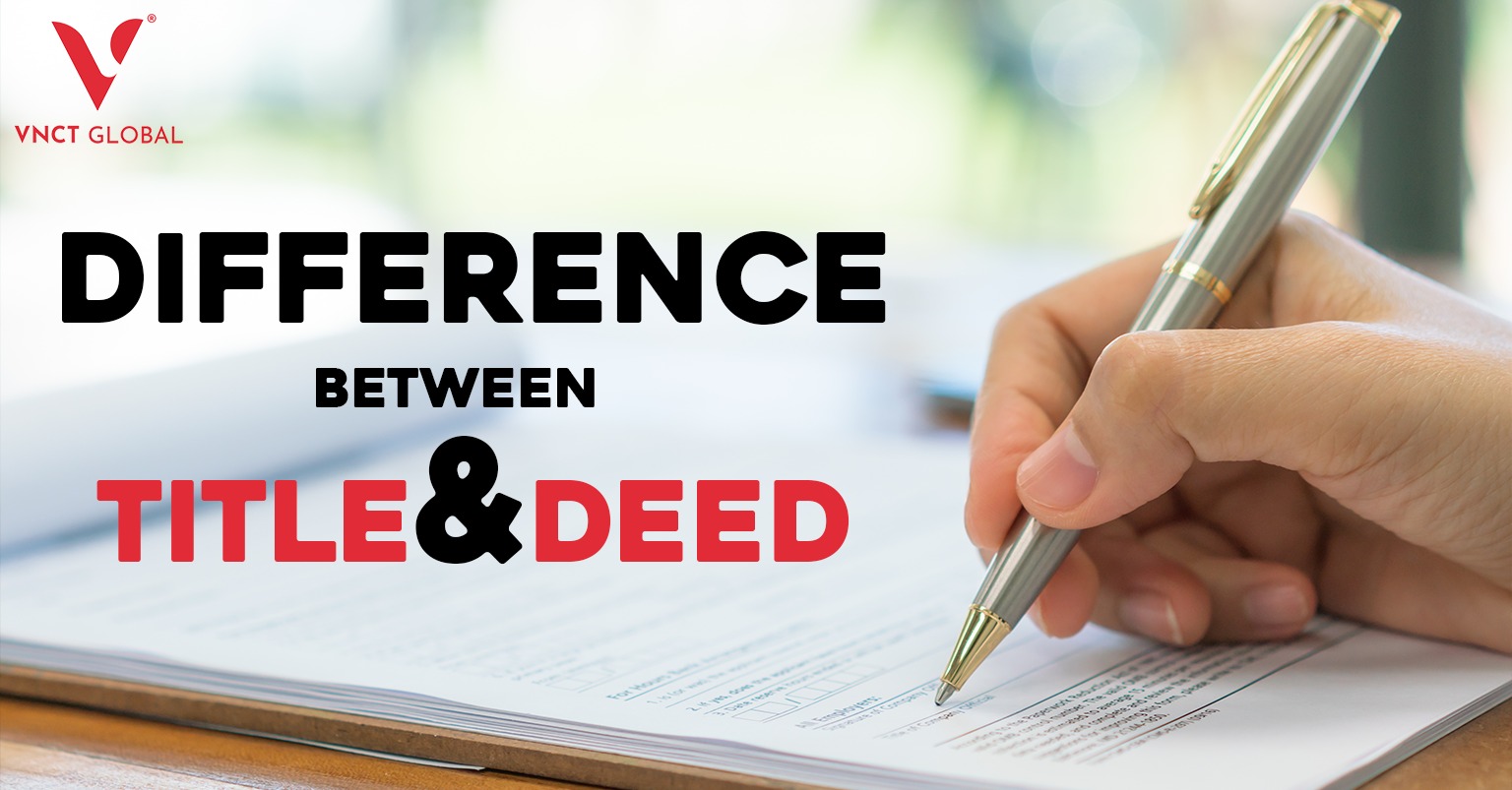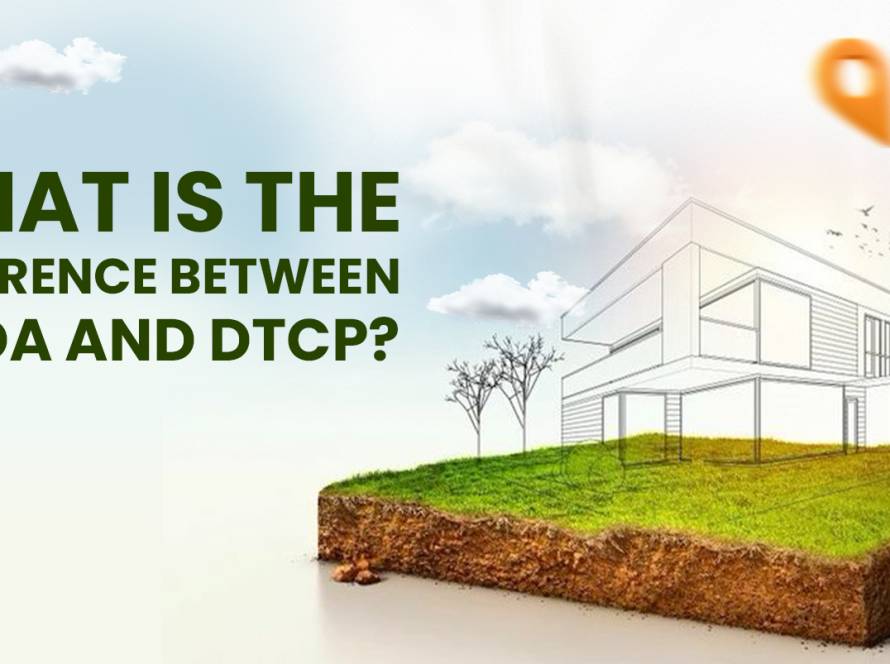Introduction
If you’ve ever been involved in buying a property — whether it’s a villa in Chennai, a weekend getaway in villas in Madurai, or an investment in villas in Coimbatore you’ve probably heard the terms title and deed.
At first, they sound like they mean the same thing. In reality, they are two separate but closely related parts of property ownership. Knowing the difference could save you from legal trouble later something every buyer, especially an NRI, should keep in mind.
What is Property Title?
The title is your legal right to own and use a property. It’s not a piece of paper you can hold; it’s the concept of ownership itself. If you have a clear title, it means you’re officially recognized as the lawful owner and no one else has a valid claim.
Example:
You buy a home from one of the best villa developers in India. The moment the sale is complete and the title is in your name, you are legally entitled to live there, rent it out, or sell it.
What is Property Deed?
A deed is the physical, legal document that transfers ownership from one person to another. It’s the proof that the property has changed hands.
A deed usually includes:
- Full names of buyer and seller
- A clear description of the property
- Signatures of both parties
- The date of transfer
Without a registered deed, even if you’ve paid for the property, you haven’t officially taken ownership.
Key Differences Between Title and Deed
| Title | Deed |
| Legal right to own and use the property | Legal document that transfers ownership |
| Intangible (a legal concept) | Tangible (a physical paper) |
| Can be verified through official records | Must be registered to be valid |
| Without clear title, ownership can be disputed | Without deed, transfer of ownership isn’t complete |
Examples to Understand the Difference
Let’s say you purchase a villa in Chennai:
- Title: Confirms that you are the rightful owner in the eyes of the law.
- Deed: The signed and registered document that proves the seller has officially transferred ownership to you.
If either is missing, your ownership could be challenged.
Why the Distinction Matters for Buyers and Sellers
- For Buyers: Without a clear title, your claim to the property could be contested even years later.
- For Sellers: Having the right deed ensures the transaction is legally complete, protecting you from future disputes.
- For NRIs: If you’re investing remotely, such as during events in Dubai, events in Singapore, or events in USA, you need to be extra cautious since you can’t physically oversee the process.
How to Ensure Clear Title and Valid Deed
1. Title Search and Legal Verification
Before you finalize your purchase, hire a property lawyer to verify the property’s ownership history and check for disputes or mortgages.
2. Importance of Encumbrance Certificate
This document confirms the property is free from legal or financial liabilities. Without it, you can’t be sure the title is truly clear.
3. Role of Property Lawyer
An experienced lawyer can review all documents, draft the deed properly, and ensure there are no loopholes that could cause trouble later.
4. Registering the Deed with Government Authorities
A deed must be registered at the local sub-registrar’s office for it to hold legal weight. Without registration, the transfer is not officially recognized.
Conclusion
- Title is your legal right to own a property.
- Deed is the official paper that proves that ownership has been passed on to you.
You need both. Missing either one leaves your ownership incomplete and potentially open to disputes.
If you’re looking to buy — whether it’s a stylish villa in Chennai, a premium home in villas in Madurai, or a peaceful retreat in villas in Coimbatore work with a trusted name like VNCT Global, known for clear documentation and transparent transactions.
Reach out to VNCT Global and make sure your dream property comes with a clean title and a properly registered deed, so your investment stays safe and worry-free for years to come.
FAQs For Difference Between Title & Deed
What’s the real Difference Between Title & Deed?
Simple way to remember it: the title is your legal right to own (an intangible concept), while the deed is the paperwork that records the transfer. You need both clear title and a properly registered deed to be fully protected.
How can I check if a property has a clear title?
Ask for a title search from a qualified lawyer or registry service. They’ll check past ownership records, encumbrance certificates, tax receipts and any mortgages or legal cases tied to the property.
Why must the deed be registered?
Registration at the sub-registrar’s office makes the deed legally enforceable and public record. Unregistered deeds are risky — they won’t protect you in many legal situations and may be ignored by courts or banks.
Can a deed be valid but the title still be unclear?
Yes. A deed can be signed and even registered, but if earlier liens, fraud, or faulty transfers exist in the history, the title may still be disputed. That’s why a title search matters before you buy.
Which documents should NRIs specially verify before buying?
NRIs should check: the Encumbrance Certificate, past sale deeds (chain of title), approved building plans, tax receipts, mutation records, and any No Objection Certificates (NOCs). If using a Power of Attorney, make sure it’s properly notarized and registered.
How long before ownership shows up in government records?
Legally your ownership starts when the deed is registered, but updating local revenue or municipal records (mutation) can take weeks to a few months depending on the office. Follow up with your lawyer or developer to ensure mutation completes.
What is an Encumbrance Certificate (EC) and why is it important?
An EC is a record showing all legal liabilities (loans, mortgages, litigation) on the property for a given period. It’s one of the fastest ways to confirm the property is free from hidden claims.





